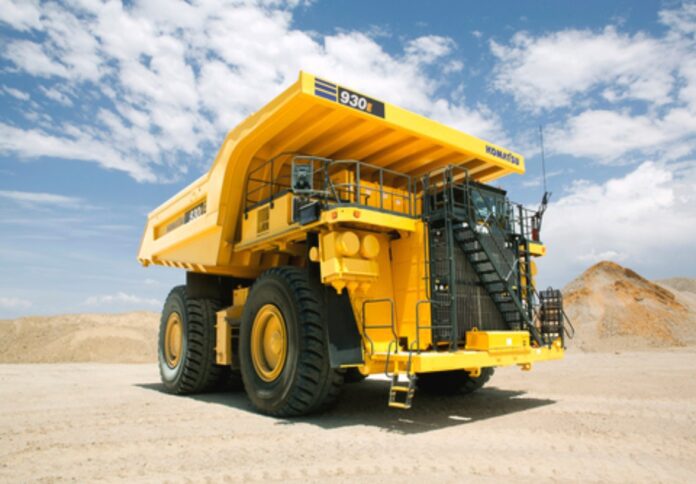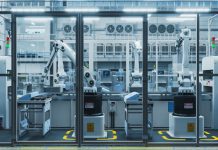
In an industry first, Rio Tinto and BHP announced a collaboration to test large battery-electric haul truck technology in the Pilbara, Western Australia.
This joint effort aims to accelerate the potential deployment of these trucks in mining operations, marking a significant step towards reducing greenhouse gas emissions, Rio Tinto said in a media release.
The trials will involve independent testing of battery-electric haul trucks from manufacturers Caterpillar and Komatsu.
The focus will be on assessing the performance and productivity of these trucks in the demanding conditions of the Pilbara, including testing of battery systems and both static and dynamic charging methods.
According Rio Tinto, this collaboration underscores the commitments of all parties to achieve net zero operational greenhouse gas emissions by 2050.
The trials will begin with two Cat 793 haul trucks in the second half of 2024, followed by two Komatsu 930 haul trucks in 2026 at mine sites in the Pilbara region.
Caterpillar and Komatsu will each supply one truck to both BHP and Rio Tinto. BHP will test the Caterpillar trucks, while Rio Tinto will test the Komatsu trucks.
The outcomes of these trials will be shared between the two mining giants, promoting a collaborative approach to decarbonisation.
This initiative marks the first phase of battery-electric haul truck testing at BHP and Rio Tinto’s Pilbara operations.
Continuous testing and refinement of the truck and battery designs with each manufacturer are expected to guide the future deployment of battery-electric haul truck fleets.
Simon Trott, chief executive of Rio Tinto Iron Ore, highlighted the importance of this collaboration: “This collaboration brings together two leading global miners with two of the world’s biggest manufacturers of haul trucks to work on solving the critical challenge of zero-emissions haulage.”
He continued, “There is no clear path to net zero without zero-emissions haulage, so it’s important that we work together to get there as quickly and efficiently as we can. Testing two types of battery-electric haul trucks in Pilbara conditions will provide better data, and by combining our efforts with BHP we will accelerate learning.”
Meanwhile, Geraldine Slattery, president of BHP Australia, emphasized the role of technological advancements in operational decarbonisation: “Operational decarbonisation relies on breakthroughs in technology and partnerships like this will help drive our industry forward. We are thrilled to work with Rio Tinto, Caterpillar and Komatsu on these trials.”
BHP and Rio Tinto have already made significant strides in reducing Scope 1 and 2 operational greenhouse gas emissions by switching to renewable electricity for some of their operations.
The development and testing of battery-electric technology are seen as key steps in further reducing diesel usage and advancing their decarbonisation efforts.



















